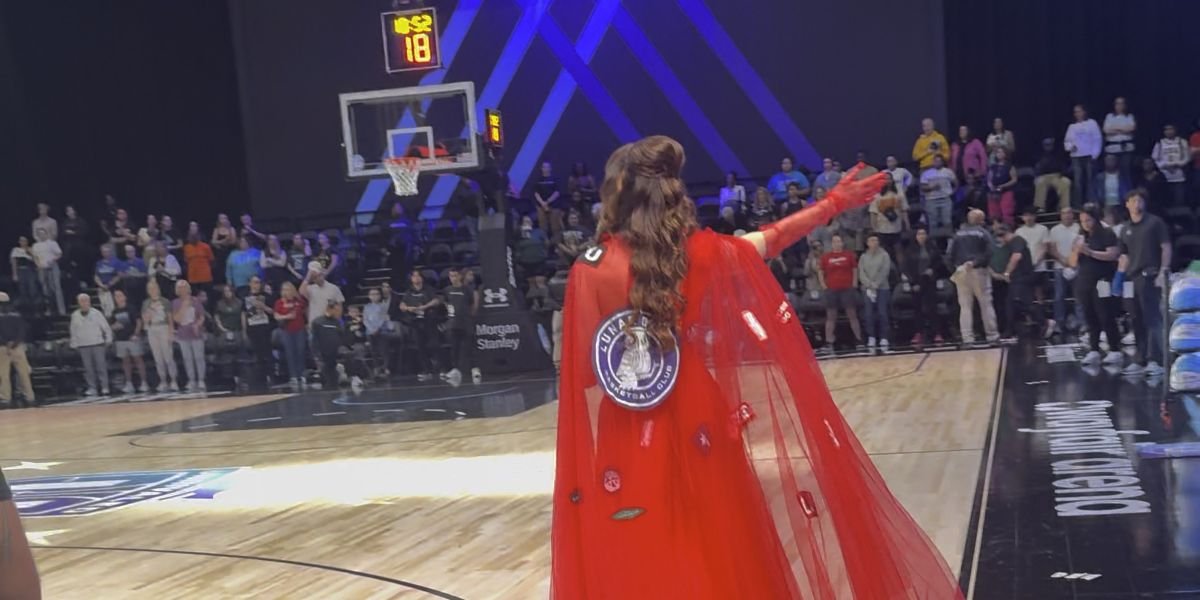As the music and creative industries continue to shift toward digital platforms, royalty management has become increasingly important for artists. Platforms like Spotify, YouTube, and Apple Music, as well as digital marketplaces for artwork, have revolutionized how creators distribute their work and get compensated. However, managing royalties on these platforms can be complex, and the stakes are high for artists seeking fair compensation and control over their work. Below, we explore why royalty management matters for artists and how it influences their career success.
Fair Compensation
One of the most critical aspects of royalty management is ensuring that artists receive fair compensation for their work. Many platforms use complicated algorithms to determine how much an artist is paid per stream, view, or download. Without proper royalty management systems in place, artists may not receive the full compensation they are entitled to. Accurate and transparent systems help artists track their earnings and ensure they are paid for every usage of their work.
Platforms that offer fair royalty rates empower artists to earn a living from their craft. This is especially important as many artists rely on multiple revenue streams to support their careers. Proper royalty management can ensure that each revenue stream, whether it’s digital downloads, streams, or performances, is accurately tracked and compensated.
Transparency
Transparency in royalty management is crucial for artists to understand how and when they are getting paid. Many digital platforms can be opaque in terms of how royalties are calculated and distributed, leaving artists confused about the actual earnings from their work. Transparent royalty systems give artists a clear view of their income, helping them make informed decisions about where and how to distribute their content.
Real-time data on royalty earnings allows artists to track performance across platforms and identify which songs, videos, or artwork are generating the most income. This visibility is critical for artists to strategically plan their releases and promotional efforts.
Revenue Streams
Digital platforms have opened up new revenue streams for artists, but managing these streams effectively is key to maximizing earnings. Artists often earn from various sources, including streaming, digital downloads, licensing, and merchandise sales. Proper royalty management systems help consolidate these earnings, providing artists with a comprehensive view of their income.
Platforms that offer multiple monetization options, such as ad revenue sharing, subscriptions, and crowdfunding, enable artists to diversify their income streams. However, without strong royalty management, artists may miss out on significant earnings or struggle to keep track of payments from multiple sources.
Digital Rights
Managing digital rights is another critical aspect of royalty management. Artists must have control over their intellectual property (IP) to ensure they are compensated whenever their work is used. Proper royalty management systems protect artists from unauthorized use of their content and help track when and where their work is being used across digital platforms.
By leveraging digital rights management (DRM) tools, artists can safeguard their work from piracy or unauthorized distribution. Moreover, managing royalties through proper digital rights systems allows artists to claim ownership of their content and assert their legal rights in cases of misuse.
Global Distribution
In today’s interconnected world, artists have access to global audiences through digital platforms. While this offers unprecedented opportunities for exposure, it also introduces challenges in royalty management. Platforms that provide global distribution must ensure that royalties are correctly calculated and distributed across different regions and currencies.
Royalty management systems that facilitate cross-border payments are essential for artists with a global reach. These systems ensure that artists are paid in a timely manner, no matter where their audience is located. Additionally, global distribution platforms must comply with local regulations and tax laws, which adds another layer of complexity to royalty management.
Creator Empowerment
Royalty management systems also play a key role in empowering artists to take control of their careers. By having access to detailed analytics and royalty data, artists can make informed decisions about their creative and business strategies. For example, artists can use royalty data to decide which platforms generate the most revenue or which regions have the highest demand for their work.
Empowered by accurate royalty information, artists can also negotiate better deals with record labels, publishers, and distributors. Knowledge of their earnings allows artists to retain more control over their financial future and creative output.
Data Analytics
The integration of data analytics into royalty management platforms is becoming increasingly important for artists. Data analytics tools provide insights into how an artist’s content is performing across different platforms, helping them identify trends and optimize their strategies. For example, artists can see which songs are performing well in certain regions or which videos are gaining the most engagement.
By leveraging data analytics, artists can make data-driven decisions that enhance their visibility and maximize their revenue. Royalty management systems that offer comprehensive analytics give artists a competitive edge in the fast-paced digital marketplace.
Royalty Disputes
Royalty disputes are not uncommon in the music and creative industries. Artists may face issues with delayed payments, underpayment, or disputes over the ownership of their work. Effective royalty management platforms help prevent and resolve these disputes by providing clear, accurate, and timely records of royalty earnings.
Dispute resolution becomes easier when artists have access to transparent and detailed royalty reports. Platforms that support clear documentation of earnings and usage help artists address any discrepancies and protect their financial interests.
Royalty management is an essential component of an artist’s career, particularly in today’s digital-first landscape. From ensuring fair compensation to providing transparency, managing revenue streams, and protecting digital rights, effective royalty management platforms empower artists to take control of their financial future. As artists continue to navigate the complexities of digital distribution, having robust royalty management systems in place will remain a critical factor for success.















